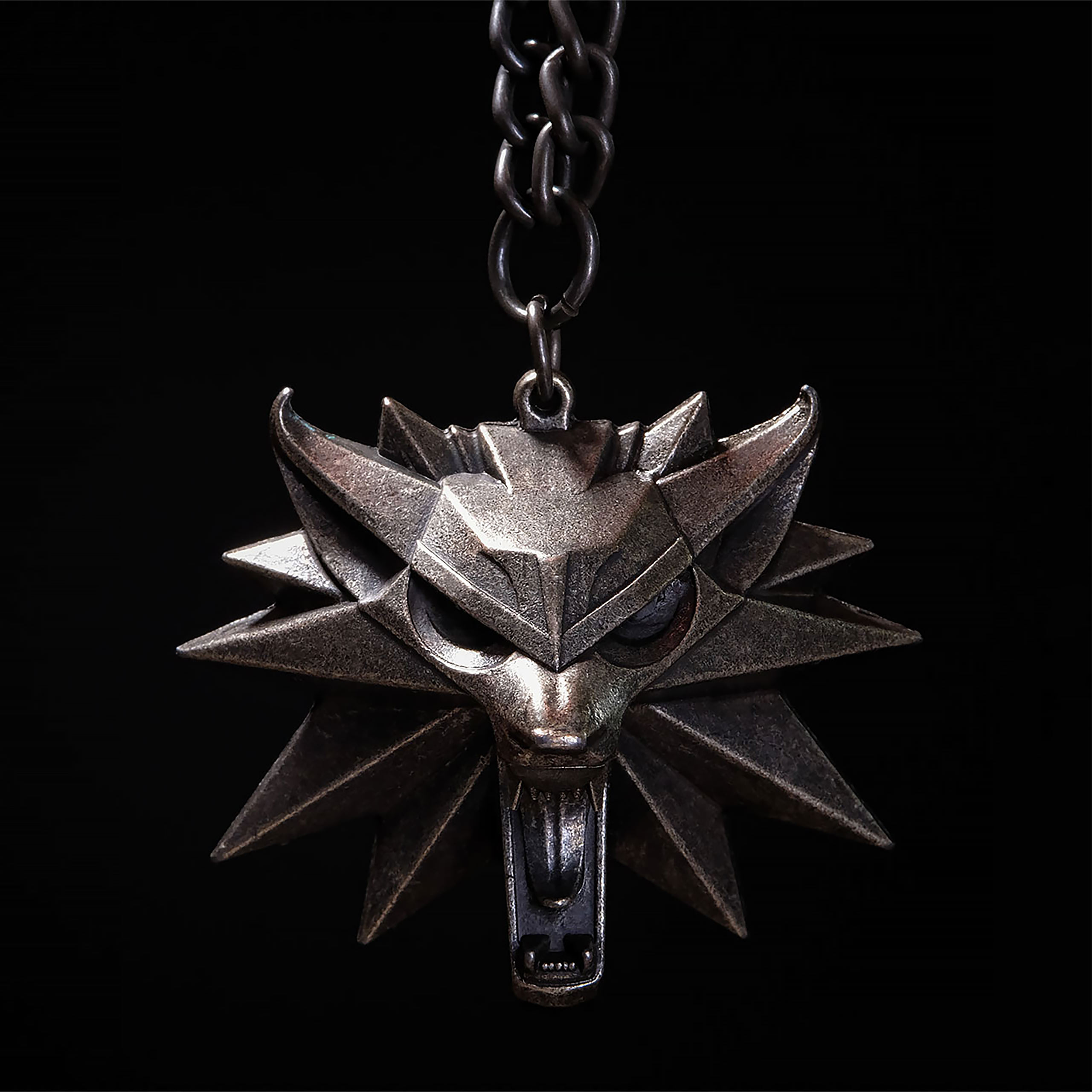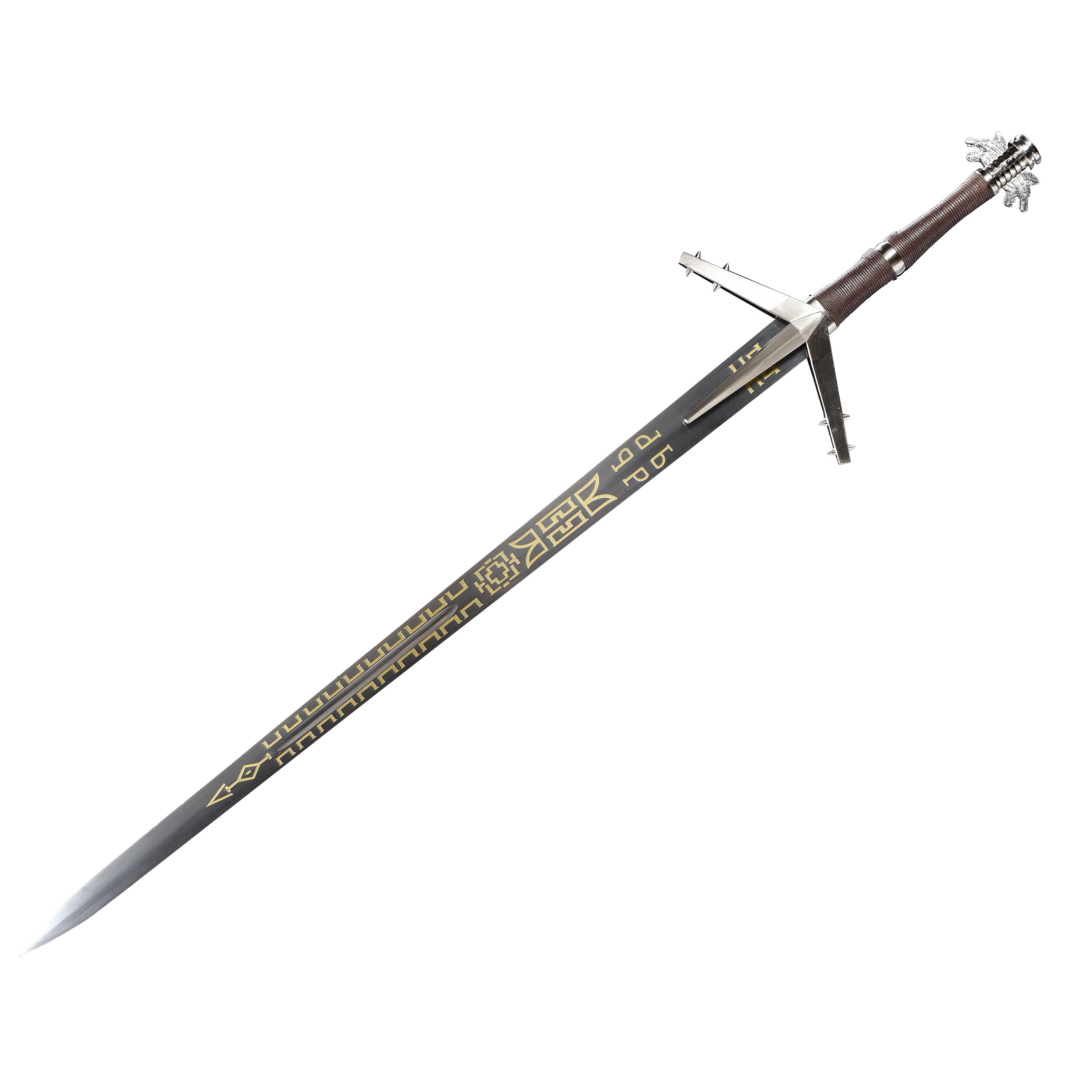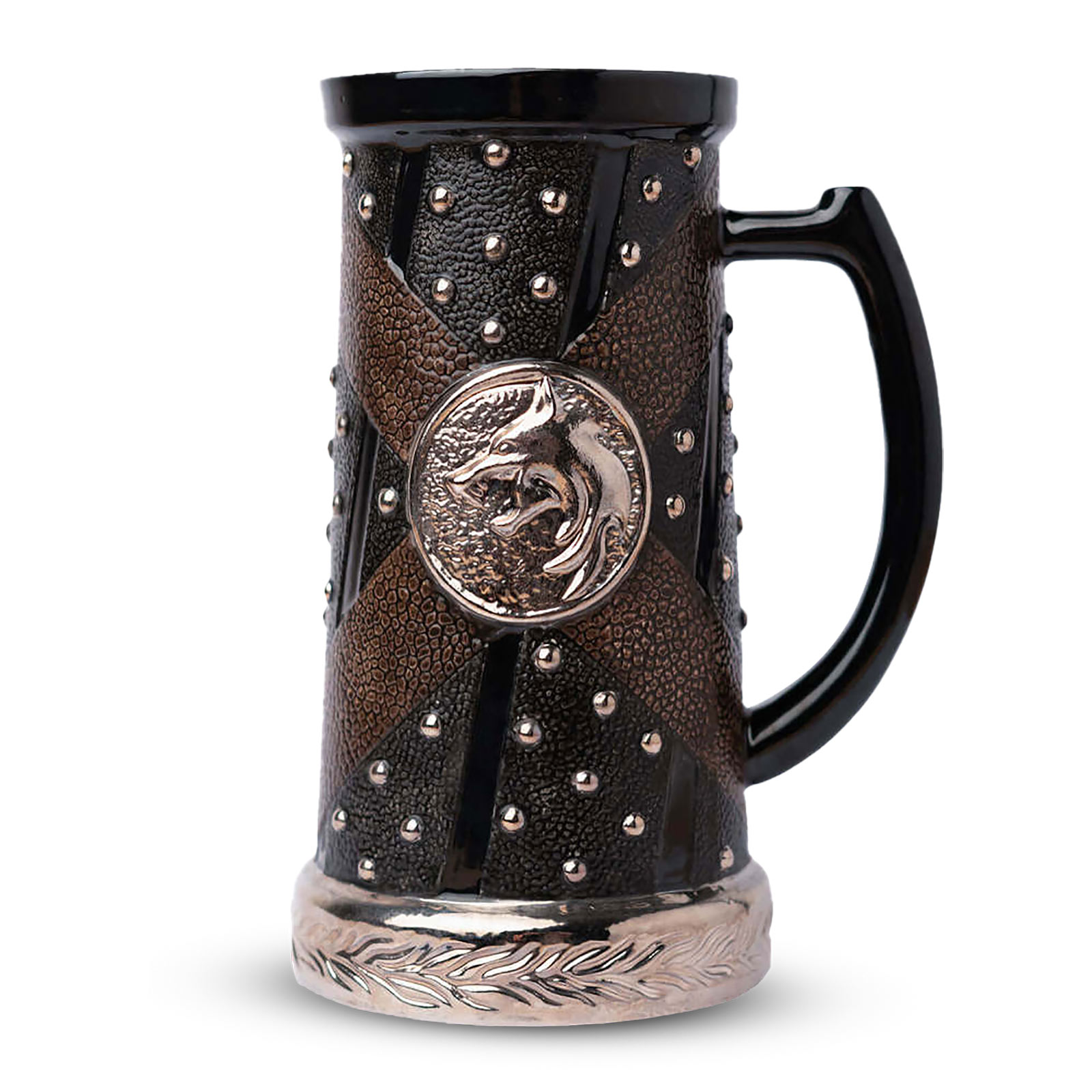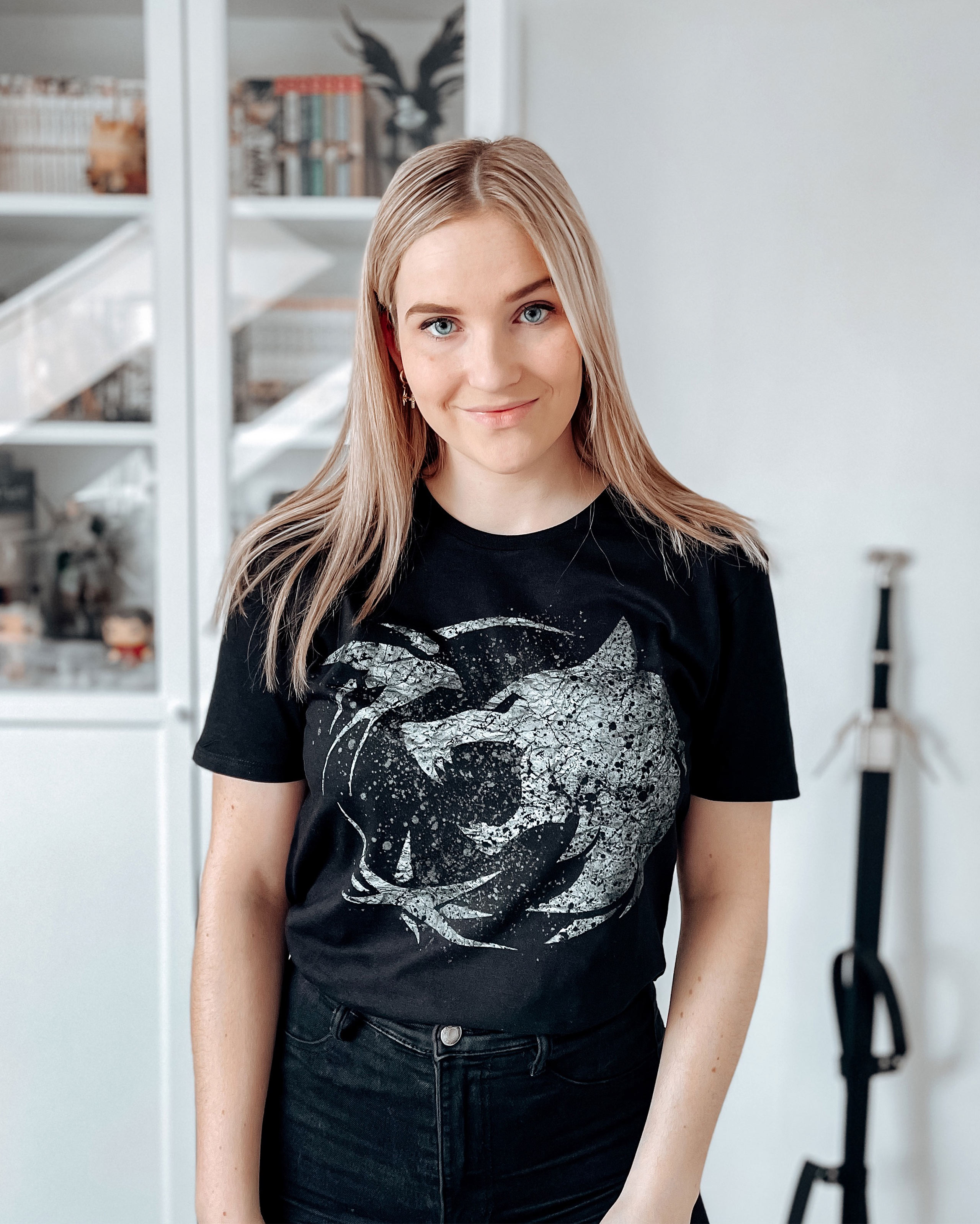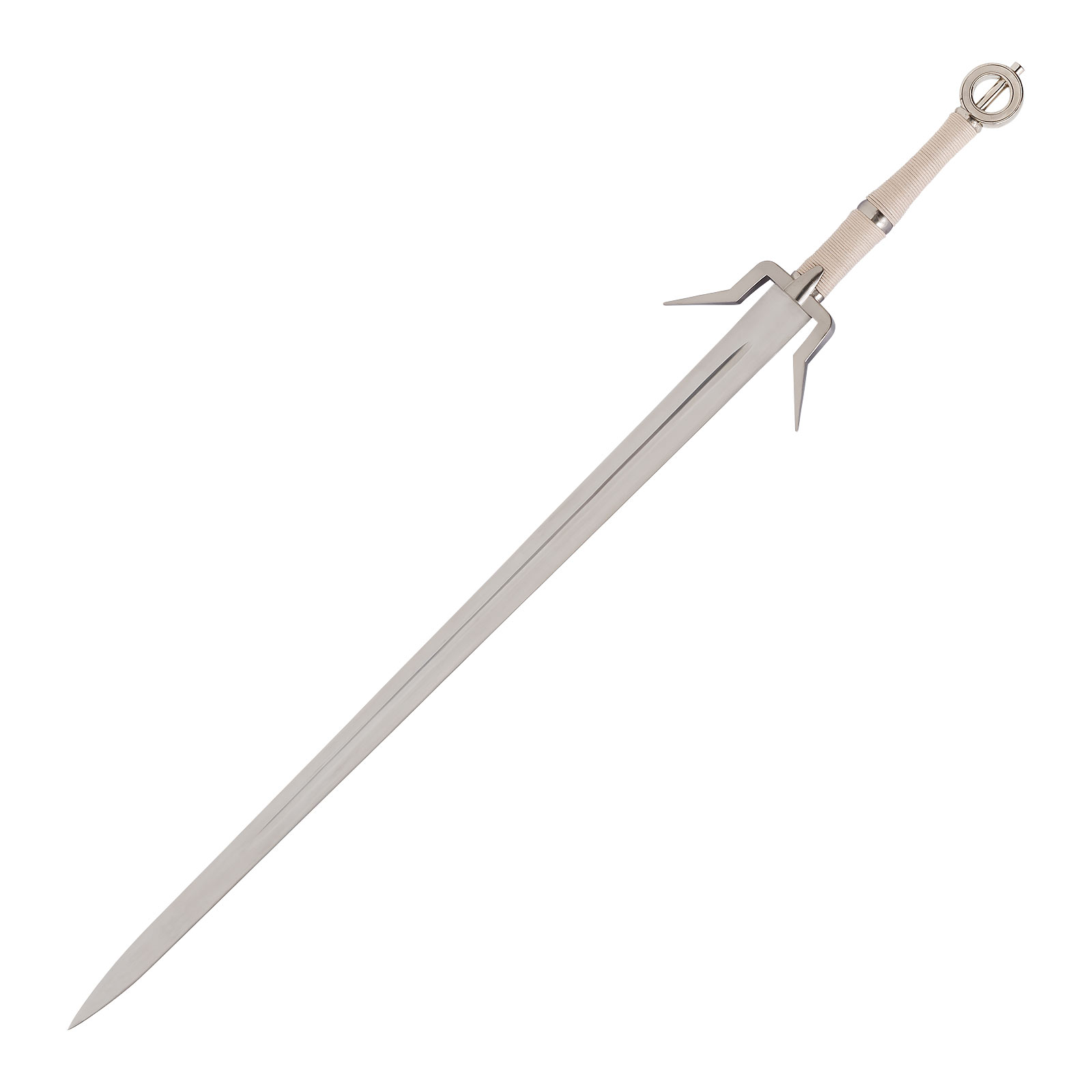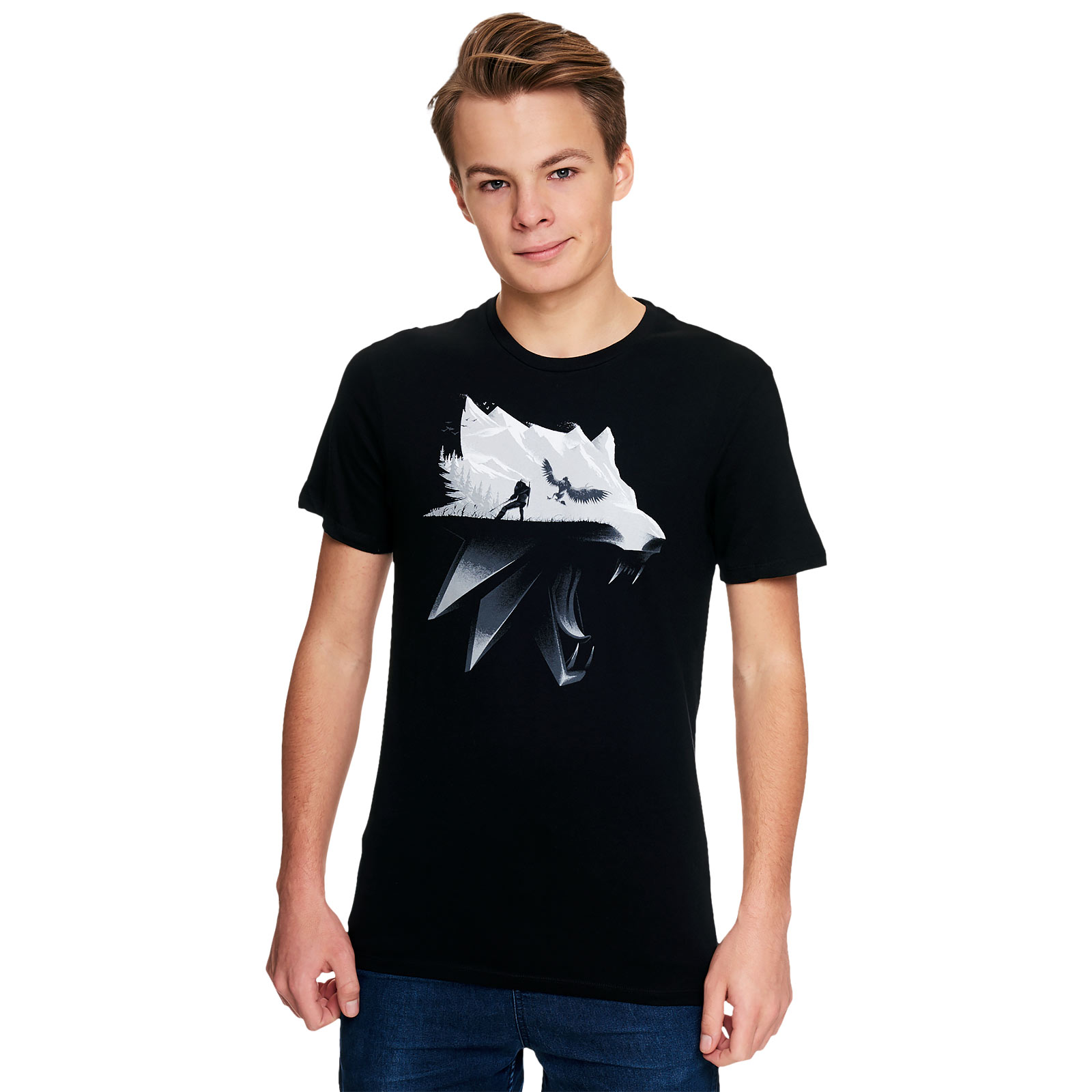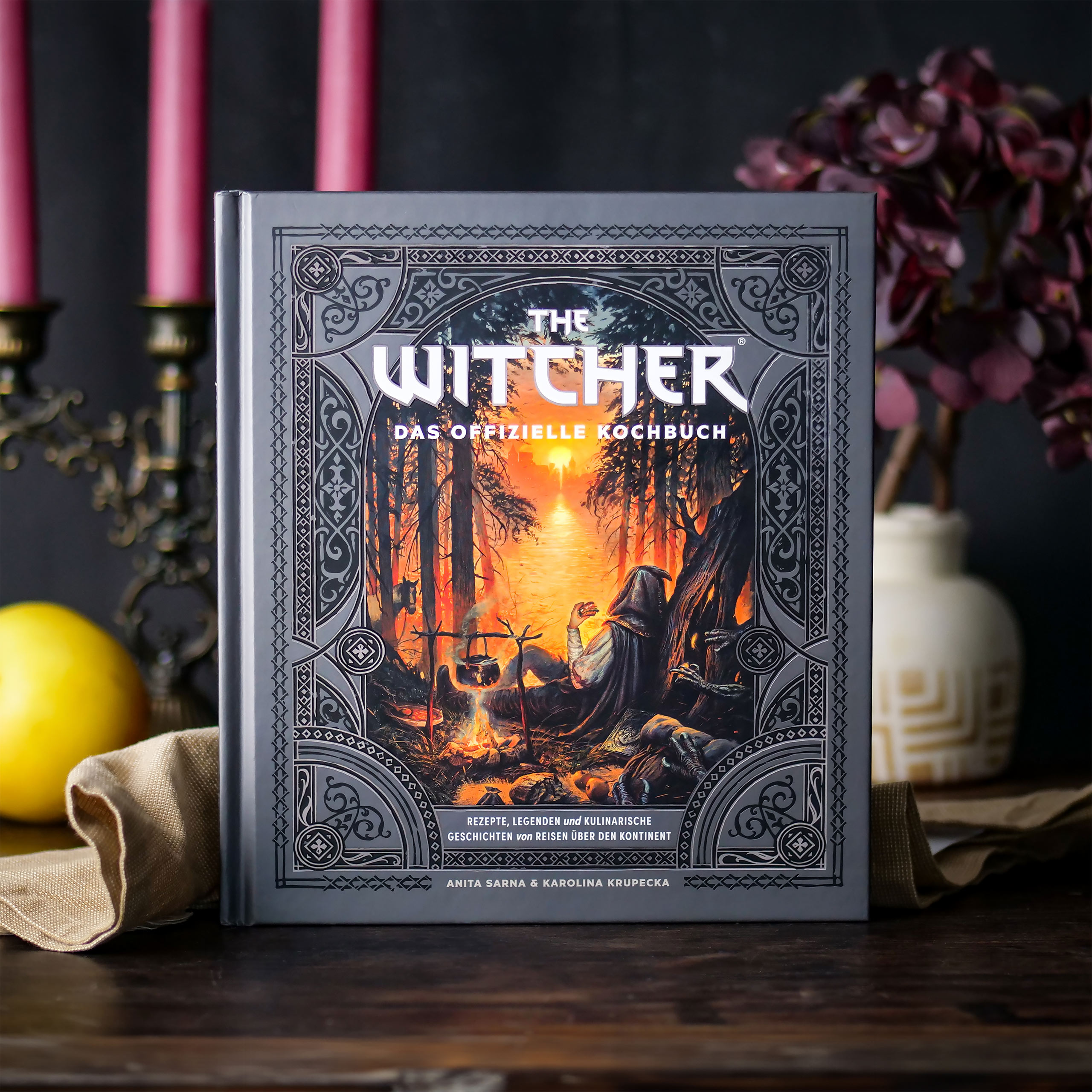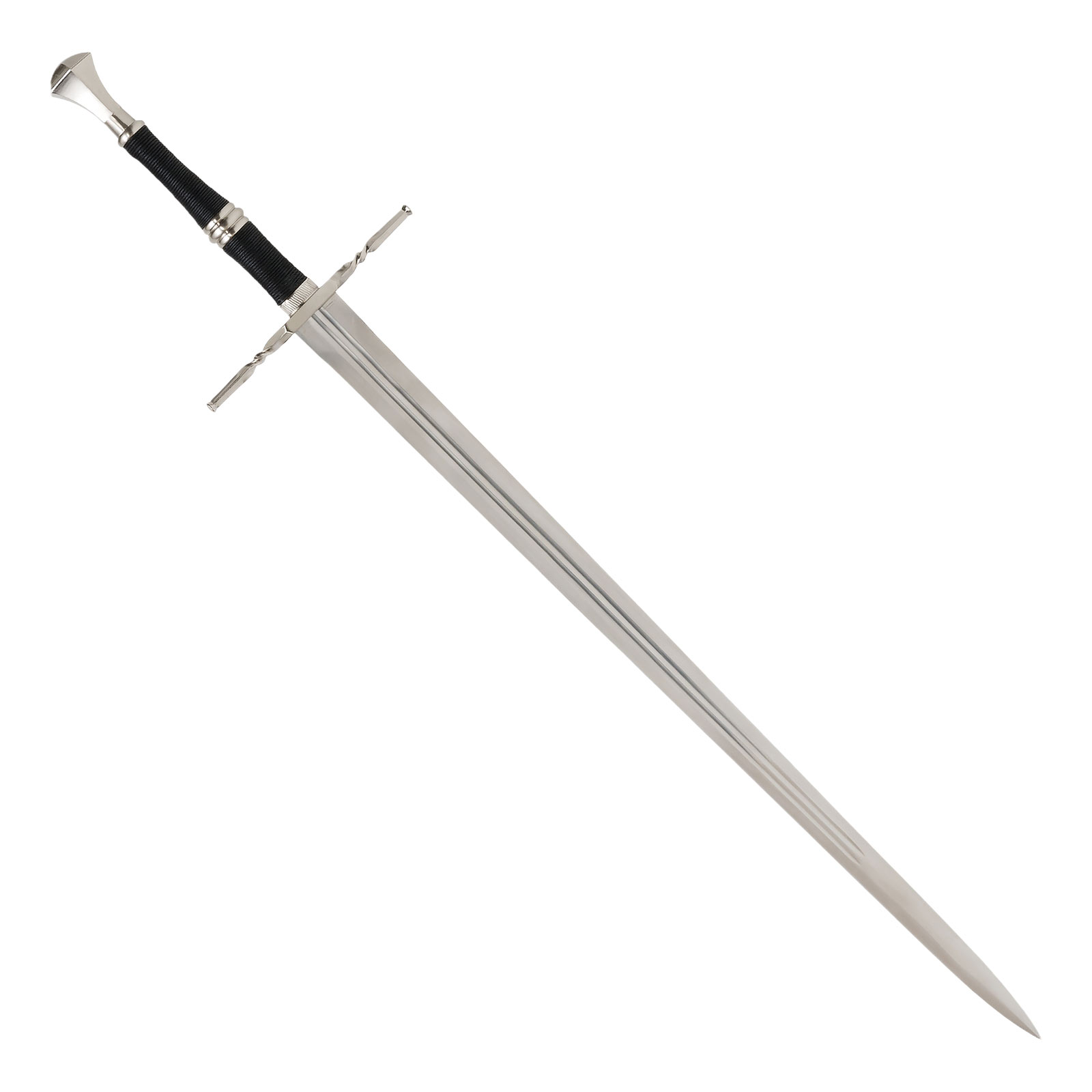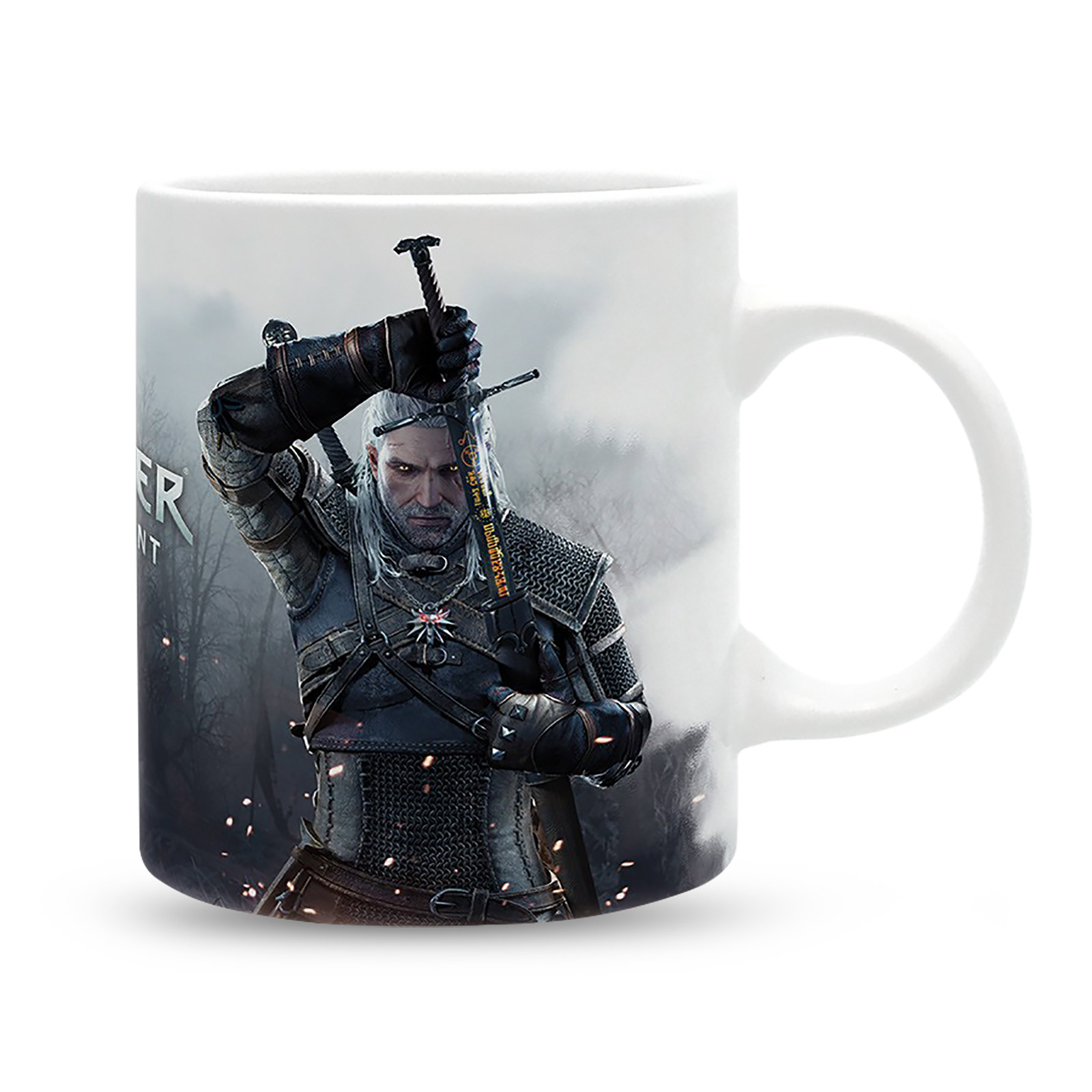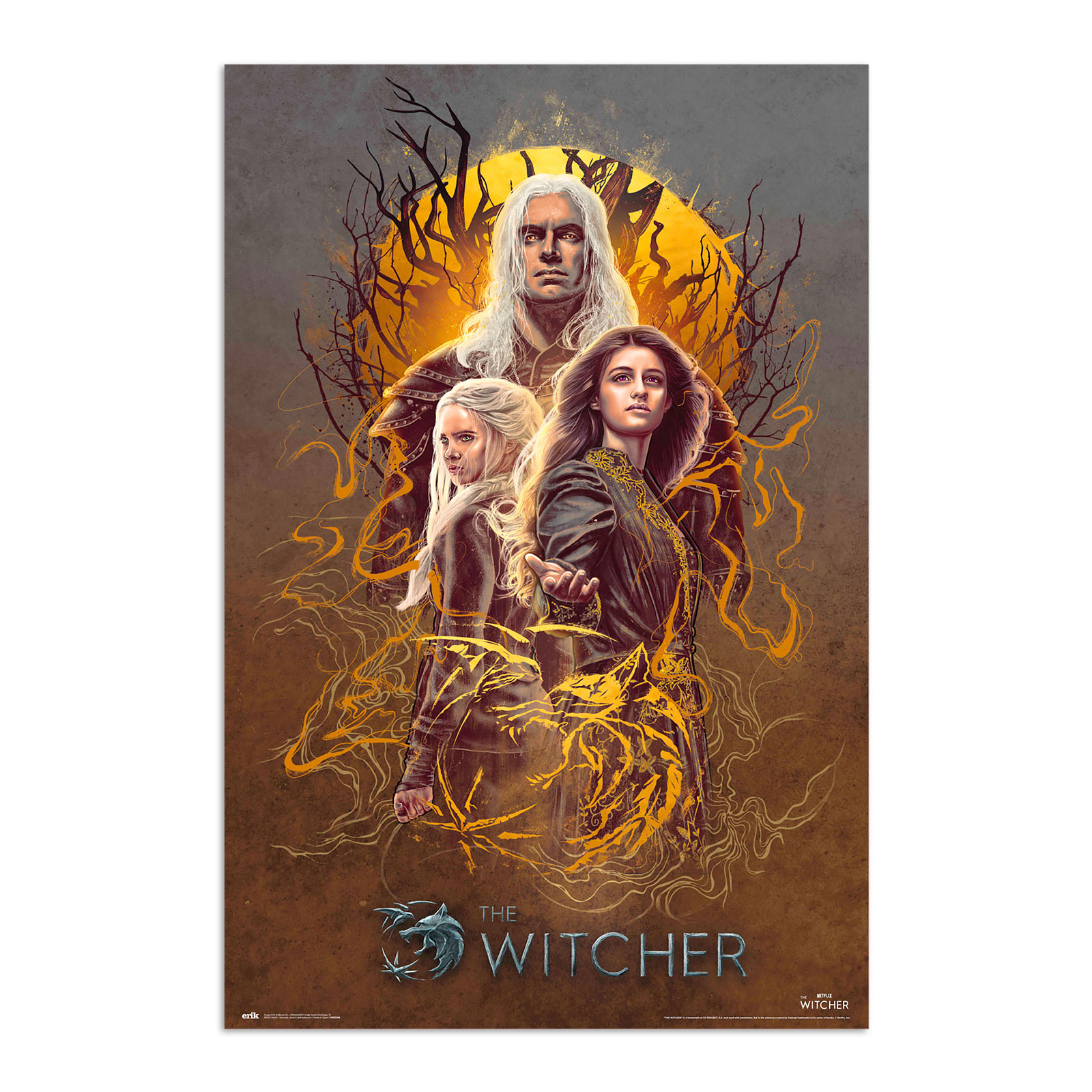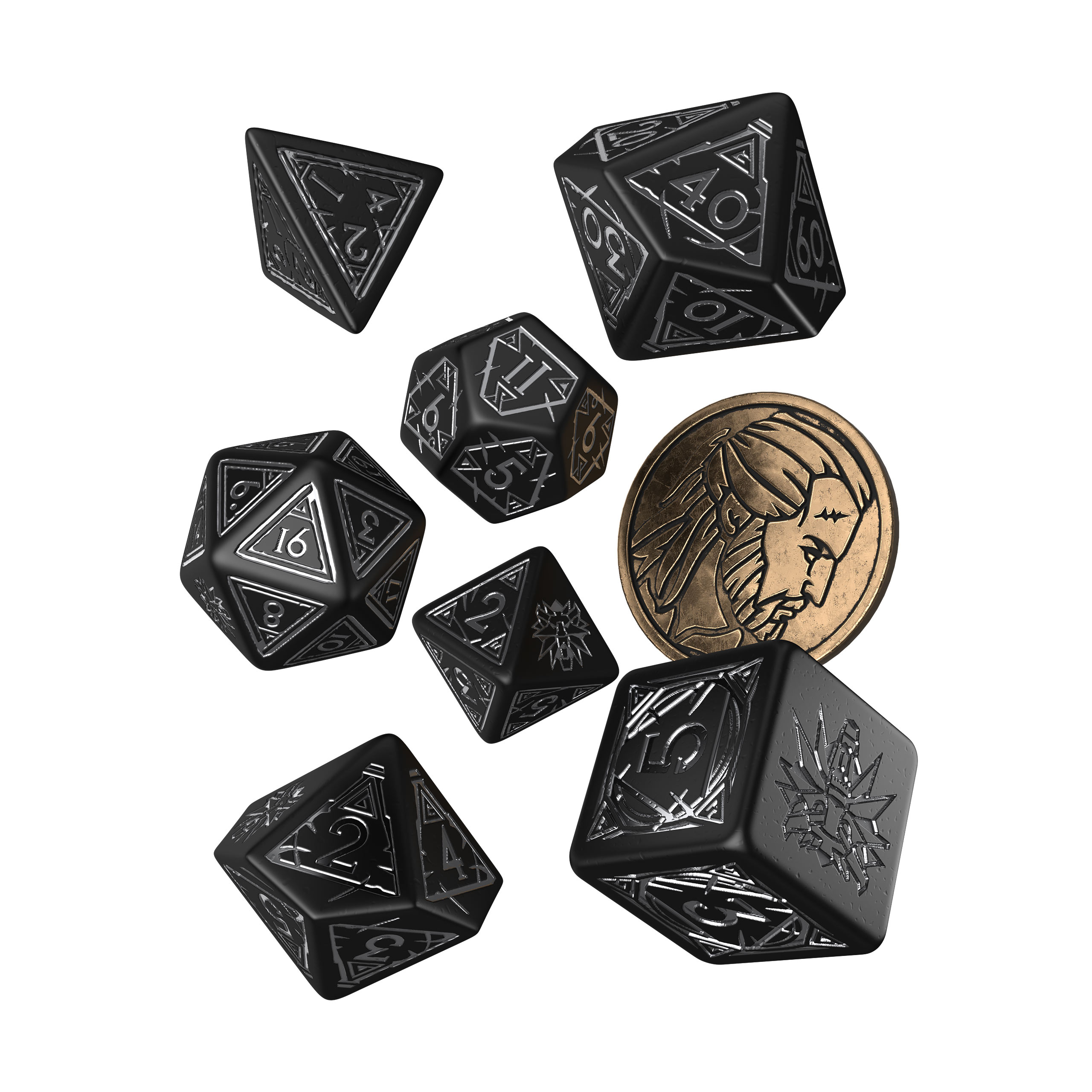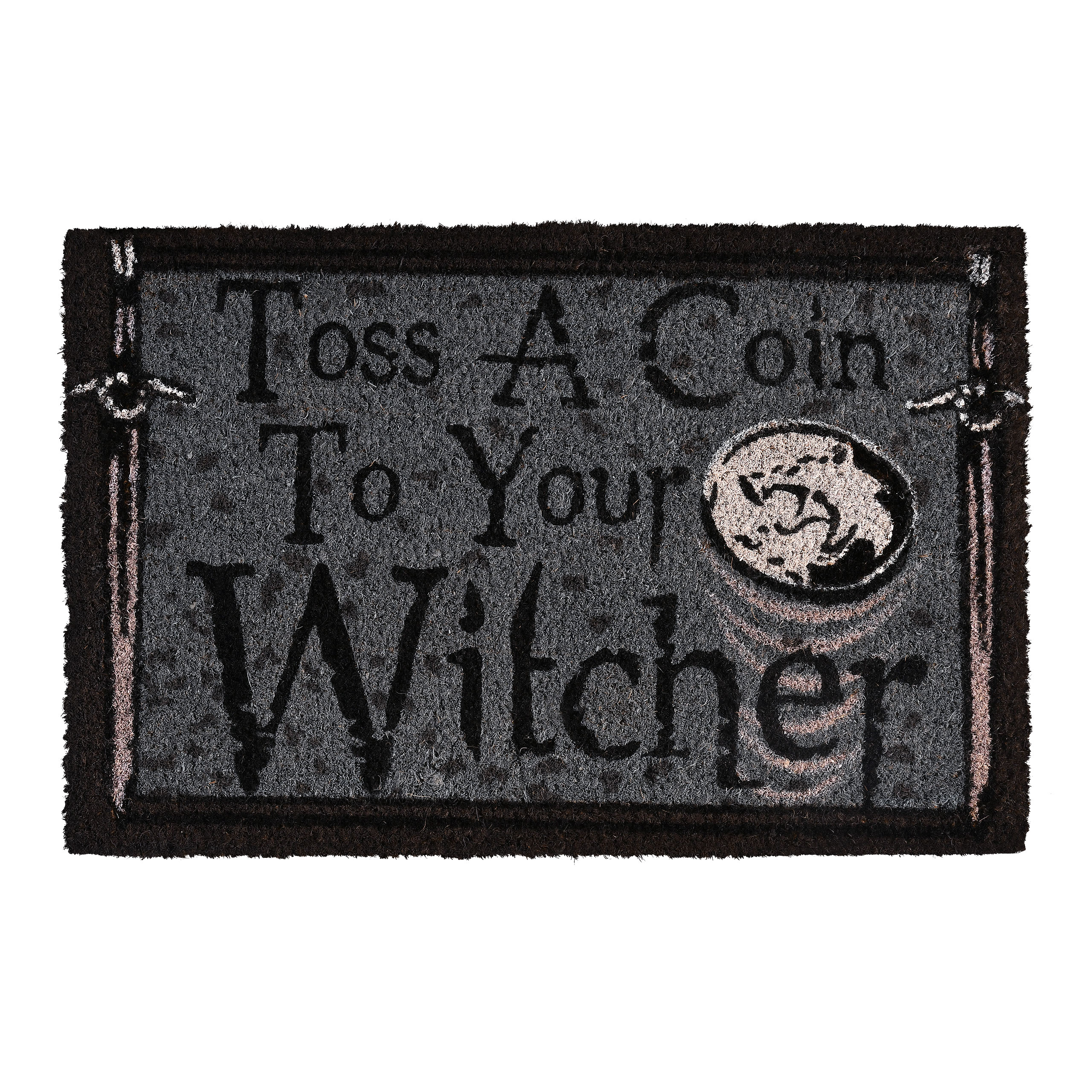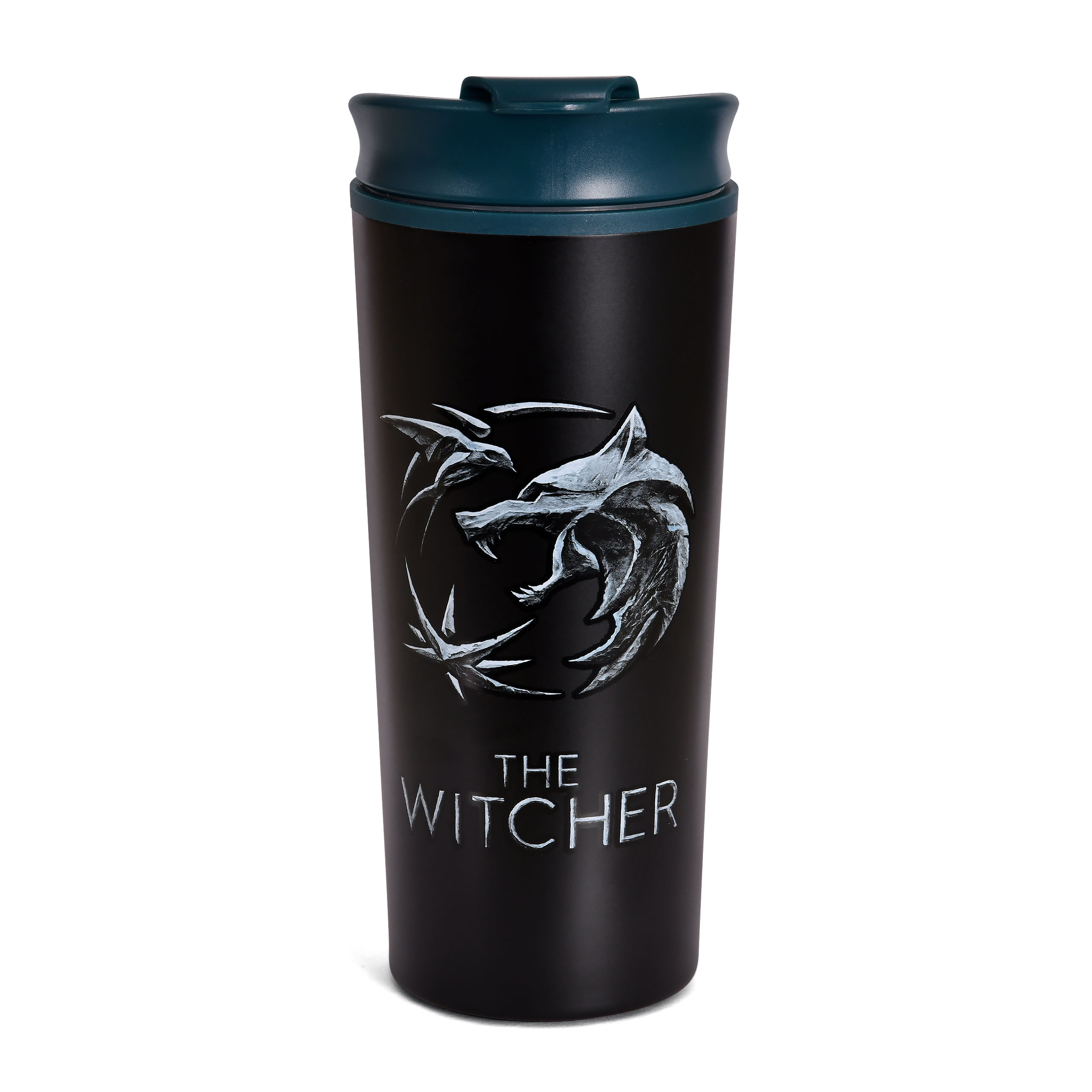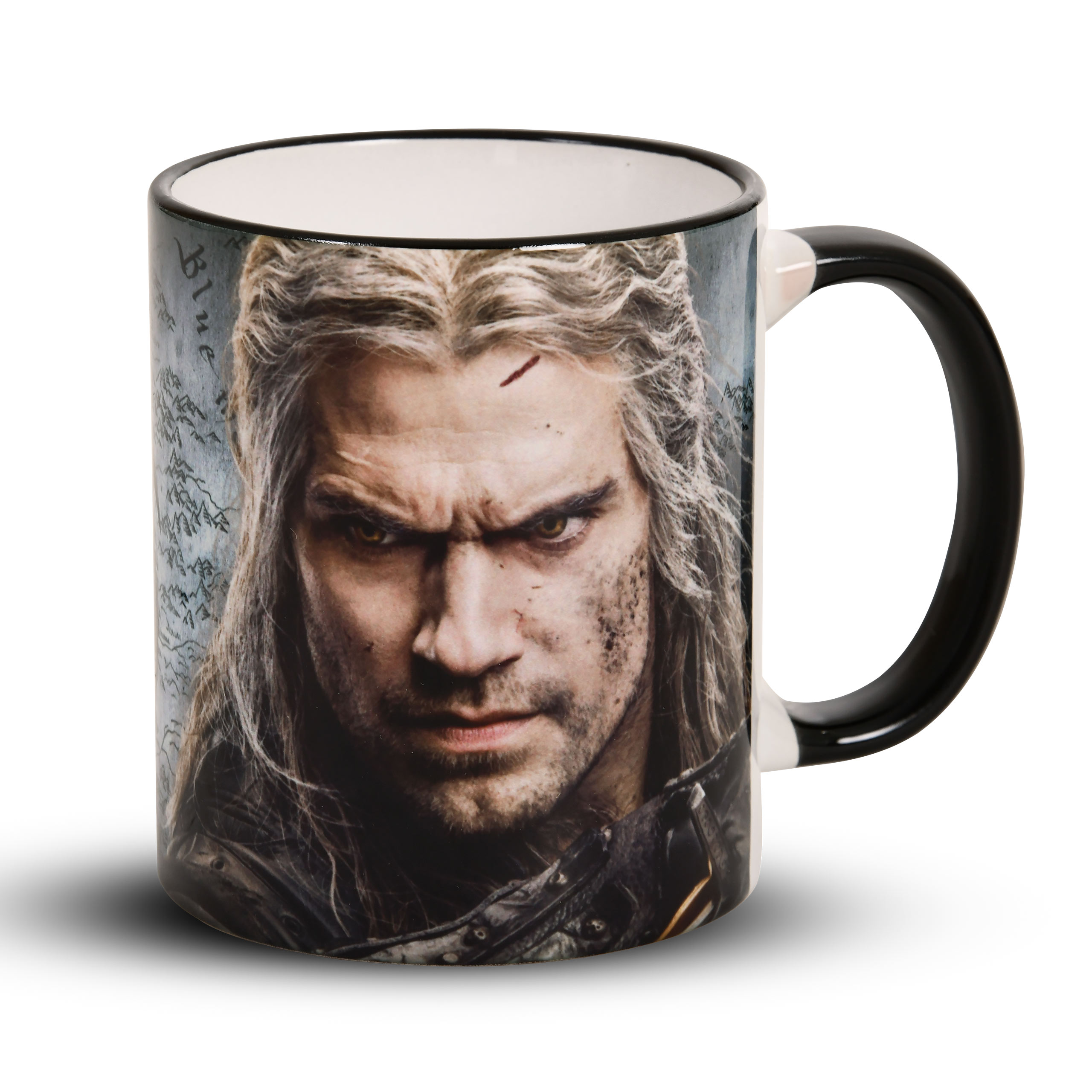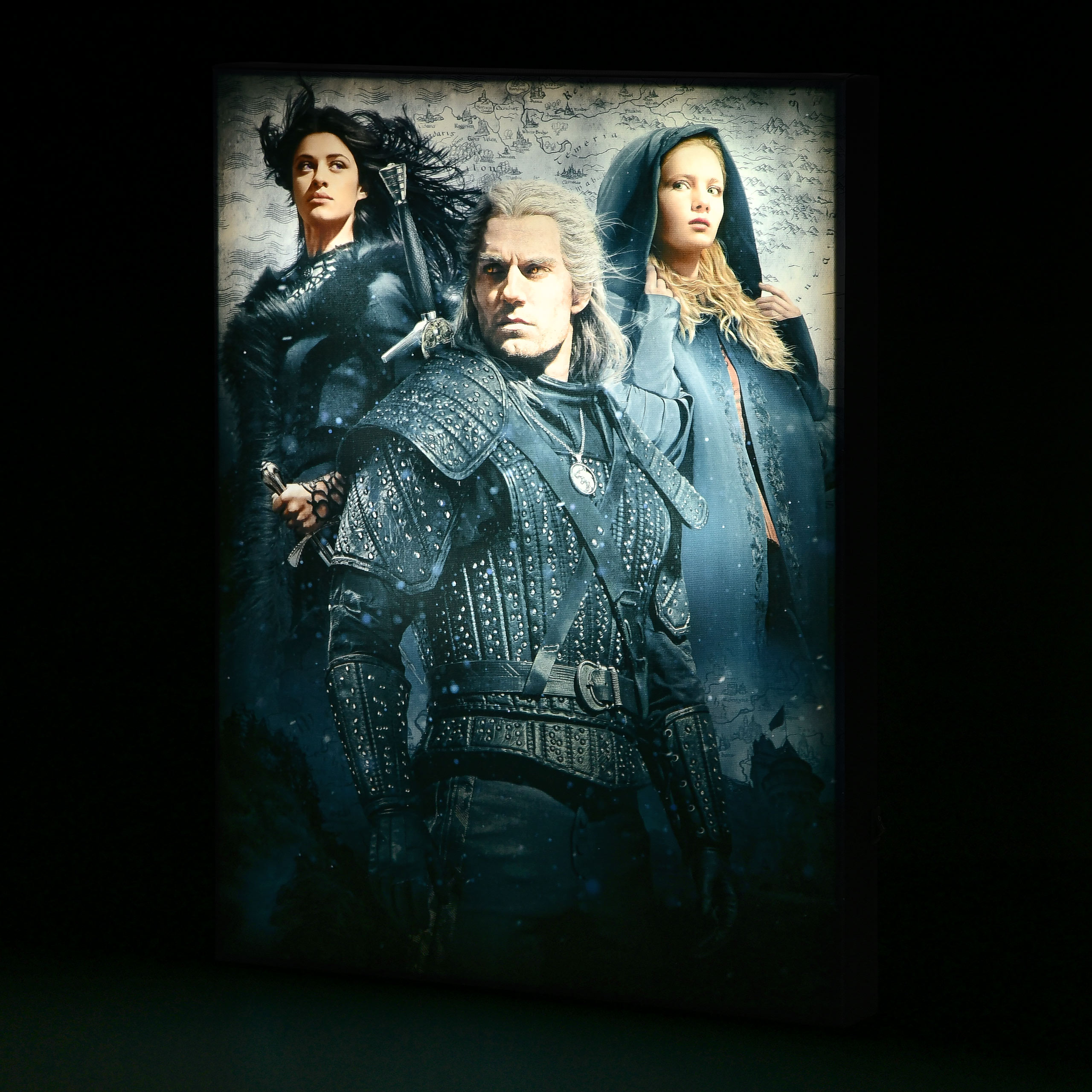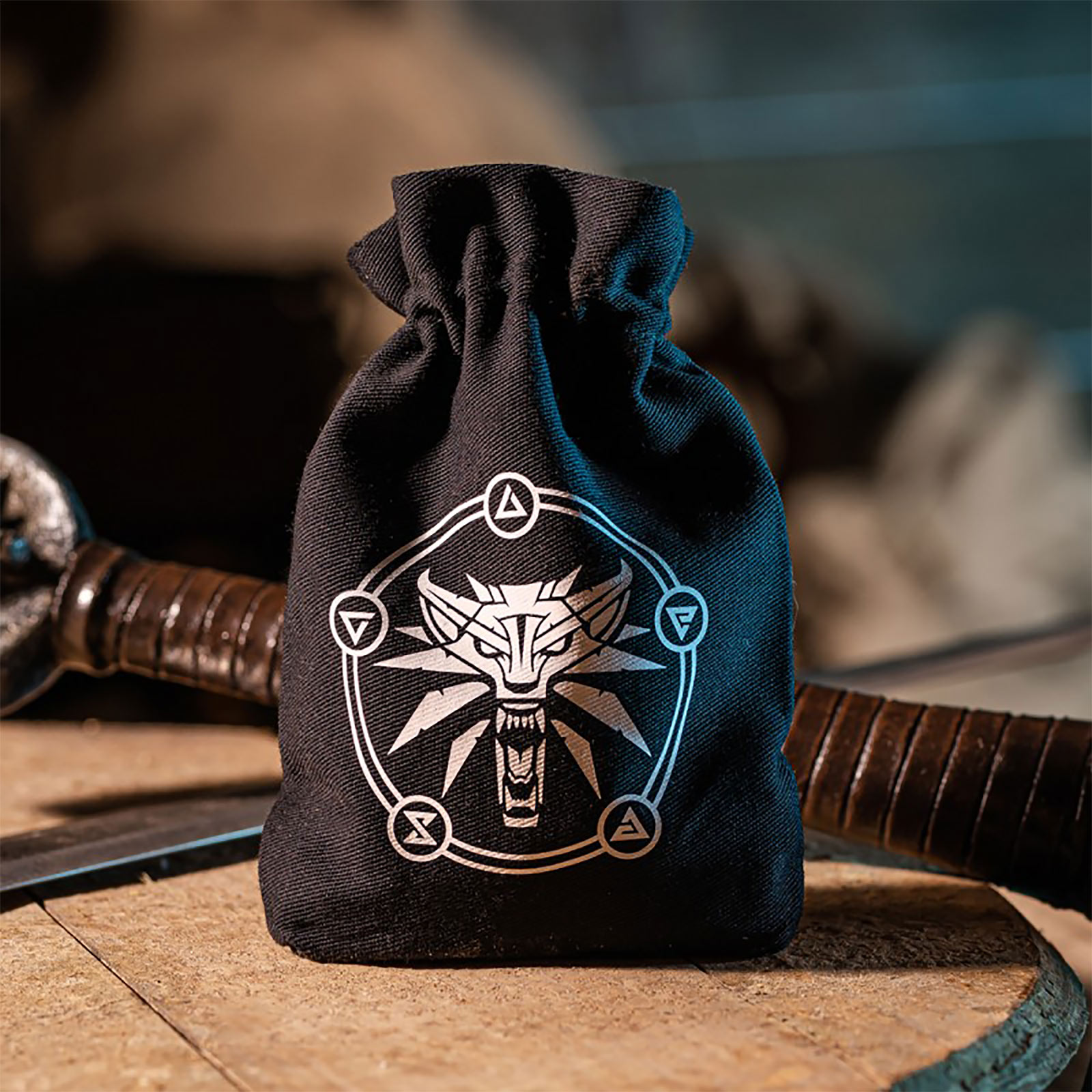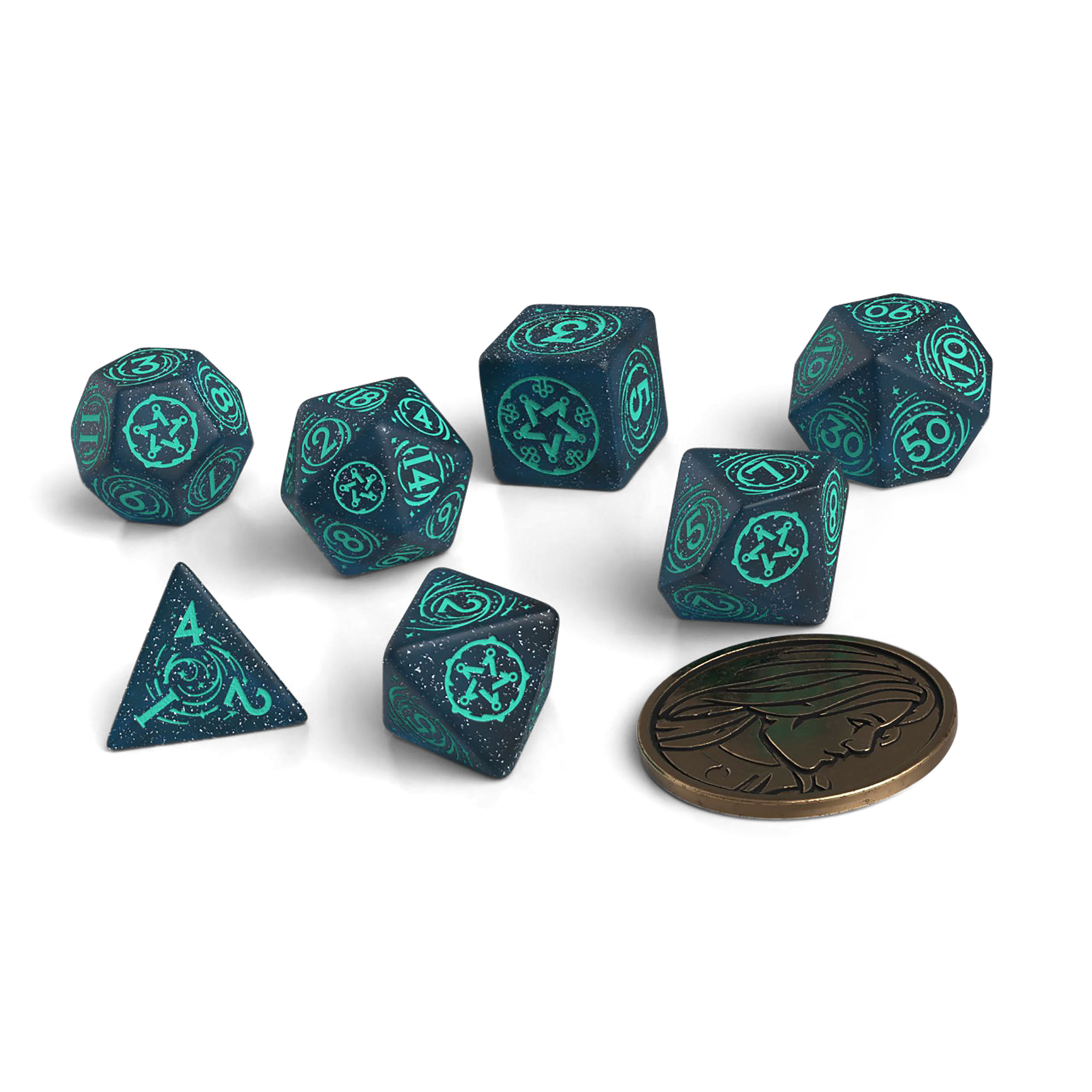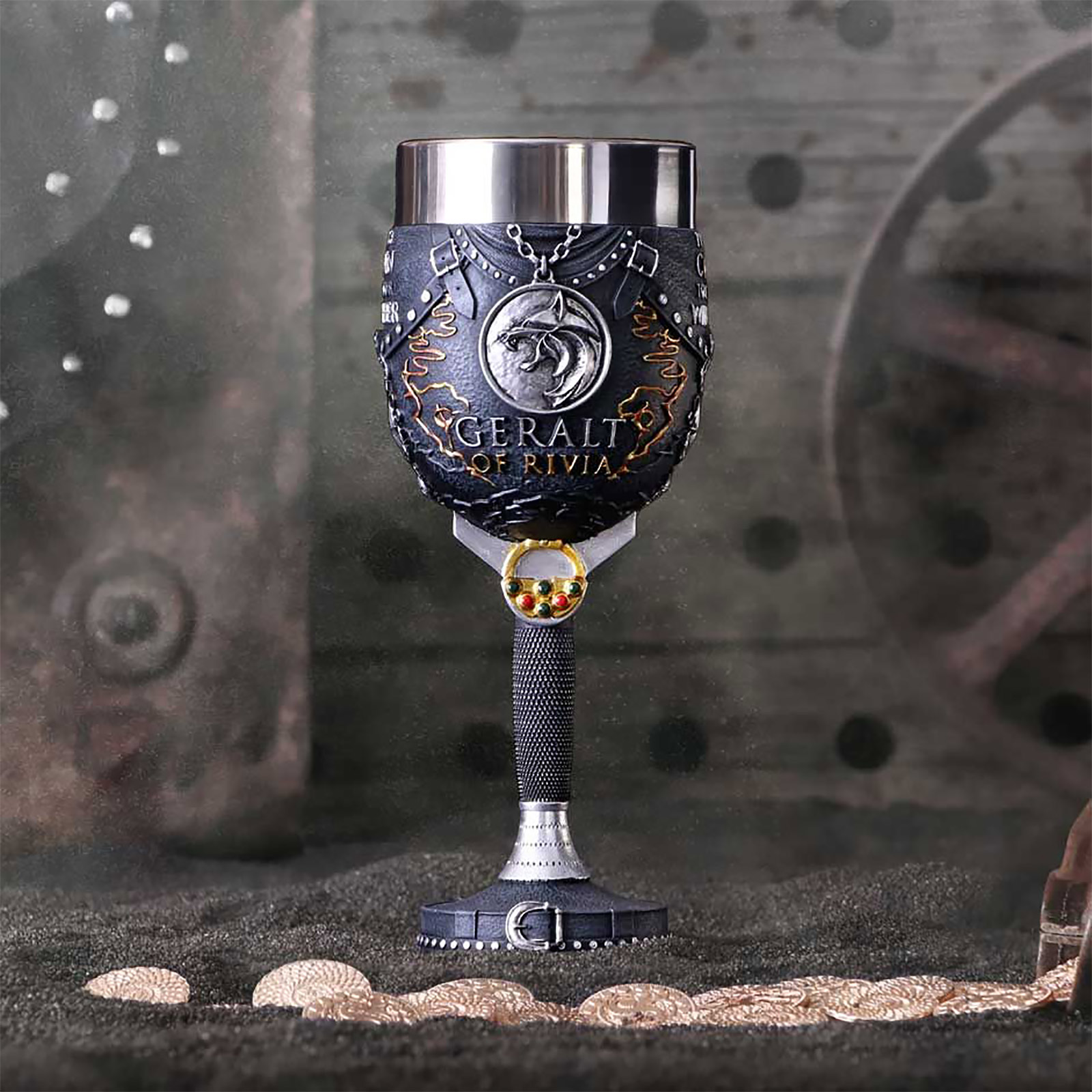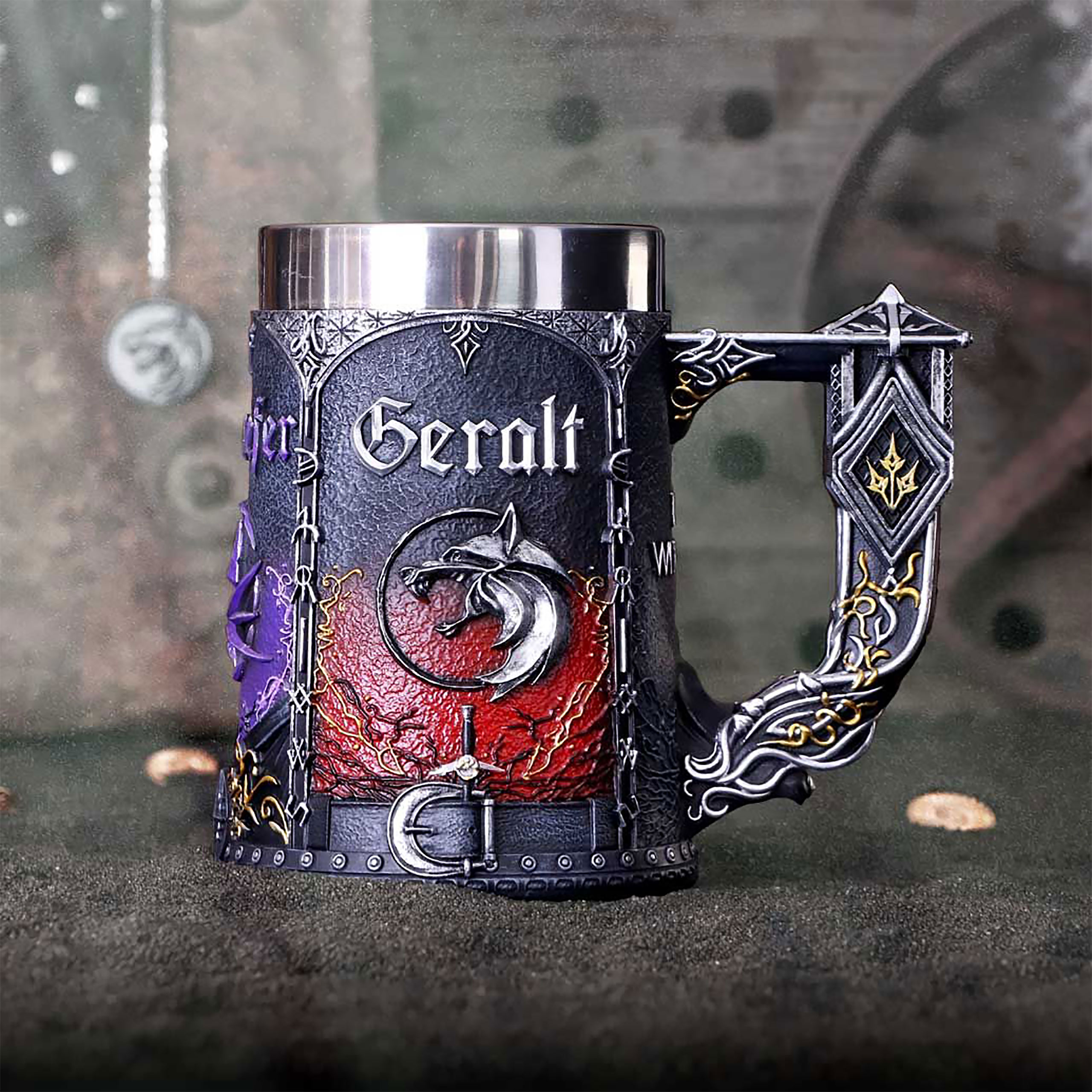The Witcher
Author Andrzej Sapkowski certainly didn't expect The Witcher to become one of the most successful books, games and series when he submitted his first Geralt short story to a competition in 1986. And only made third place.
-
All brands
-
The Witcher
- Pen & Paper
- T-shirts
- Funko figures
- cups
- Hobby books
- characters
- Necklaces
- puzzle
- Hoodies
- To go mug
- Pins
- Action figures
- poster
- reference books
- Jackets
- Cookbooks
- Baseball caps
- LARP
- purses
- Shirts
- Glasses
- Decorative swords
- Bookends
- Murals
- Accessories
- Scarves
- pillow
- Bath towels
- Coasters
- Cans
- Stationery
- Plush figures
- Hats
- Socks
- Key chain
- Mousepads
- Costumes
- bag
- Foot mats
- Novels
- Bracelets
-
The Witcher
The Sorrows of Henry Cavill
Henry Cavill loves The Witcher books and games. So much so that he did everything he could to land the part of Geralt — producer Lauren Schmidt Hissrich once described his persistence as annoying. As a result, he spared himself no mercy during filming in order to do justice to the character. He performed almost all the stunts himself, sustaining a muscle injury that delayed production and put his action career in jeopardy. For the infamous bathtub scene, he almost completely abstained from water for three days in order to look as well-toned as possible. Even with fictional suffering, he was prepared to go the extra mile. Dissatisfied with the death scene for the character Roach, he complained to Hissrich, who responded: "If you're such an expert, why don't you think of something yourself?" Just one day later, Cavill rocked up with a poignant speech including a quote from Sword of Destiny.
The Witcher: From a small book to global success
The Witcher is one of today's biggest names in the fantasy genre. Andrzej Sapkowski's books have been translated into 37 languages and have sold more than 15 million copies worldwide. The video games enjoyed even greater success, winning over critics and gamers alike and achieving sales so far of more than 50 million units. The relatively new series starring Henry Cavill, meanwhile, garnered 76 million views in its first month and became the most popular Netflix show of the year. In addition, there are several anime, comics as well as board and card games and even a (little-known) musical. What is the secret of The Witcher's success?
The recipe for success
It's impossible to say exactly, because objectively speaking, Geralt doesn't really fit into the fantasy mainstream. Although there are always media outlets that compare The Witcher with J.R.R. Tolkien's epic The Lord of the Rings, the two fantasy series have precious little in common. Now that we think about it ... maybe this is the crucial point. Because The Witcher is different. This is not about a classic battle of good versus evil. The stories and characters are multi-layered and inhabit grey areas. The focus is on social problems such as racism and injustice, which protagonist Geralt repeatedly experiences first-hand (a theme of otherness). The language is not clichéd medieval speech, but ungallant, almost coarse. Women also take a different position. Of course, sex plays a role, but the female characters are often among the most powerful figures, frequently holding the strings, just think of Yennefer of Vengerberg. Yes, The Witcher is just a touch more ... serious. Adult, but also modern. And that's why it's the perfect fit for today's complex times.
The books
All of this has its origins in the stories by Polish author Andrzej Sapkowski. Who, by the way, is not an author by training at all, but a qualified economist with a soft spot for fantasy books. His series now consists of six novels and 15 short stories, the first of which Sapkowski submitted in 1986 to a short story competition organised by the Polish magazine Fantastyka (and his piece only came third). His stories are characterised by an almost satirical reinterpretation of well-known sagas and myths, plus the occasional hefty dose of black humour and the aforementioned social criticism. All this struck a nerve in 1990s Poland, and the result was a popular brand, albeit lacking international renown. The latter was only achieved through ...
The games
Marcin Iwinski and Michal Kicinski founded their studio CD Projekt in 1994. Rather than starting with their own games, the pair localised existing games. They caused a sensation with their elaborate Polish version of Baldur's Gate, which was released in 1998. In 2002, they finally established their development studio, CD Projekt Red, which already had its eye on Sapkowski's books. The company quickly secured the licence, which had been languishing at another studio, for the downright paltry price (from today's perspective) of just 35,000 z?oty (roughly 7,200 euros), which was also paid in two instalments.
But the first demo version of their Witcher game was pretty much a disaster. The studio even had to temporarily close its doors and restart development. This time, CD Projekt Red licensed the Aurora Engine from Bioware (Neverwinter Nights) and toiled away for five years. The resulting The Witcher wasn't perfect, but it was a genuinely respectable success. The studio built on this, relying on its own REDengine development for the second part, Assassins of Kings. The game surpassed its predecessor in every respect, and this time it even appeared on consoles. The brand finally became a global success with the open-world phenomenon The Witcher 3: Wild Hunt.
The author
You might imagine this once-in-a-lifetime success would bring tears of joy to the author's eyes, but the opposite is true. For a long time, Andrzej Sapkowski disagreed with the games and even said in an interview with Tygodnik Polityka in 2016 that the games had damaged the novels: "When people see a picture from the game on the cover of my book, they think the game existed first. Lots of science fiction and fantasy fans treat books based on games with contempt. I have to constantly explain that I wrote the books twelve years before the first game." There was even a long legal battle between Sapkowski and CD Projekt Red, which was only settled in 2019 following several payouts from the game developer. Nowadays, Sapkowski has a more relaxed attitude. This may also have something to do with the fact that 500,000 copies of his books were recently reprinted after the Netflix series went through the roof.
The merchandise
So, The Witcher has conquered the whole world. The world of books, games, comics and series. And, of course, the merch world! At the time, even we were surprised at how well The Witcher merchandise was received, something that is mainly due to its success in gaming. The famous Witcher necklace, in particular, was constantly out of stock. But the Yennefer figurine was also exceptionally popular among the community. And this allowed us to constantly expand The Witcher merchandise range. In addition to classics like The Witcher T-shirts and The Witcher mugs, there are also special replicas, for example The Witcher swords. Not to mention high-quality collector's figures, elaborately designed tankards, dice sets and even a themed cookbook. And we are sure the phenomenon has plenty of life yet. The third season of the Netflix series is scheduled for release in 2023, and CD Projekt Red announced some time ago that it is working on another game in the series. We can't wait!
